Legislative Priorities
The Industry’s Unified Voice
KBA represents its members at the federal, state and local levels of government and provides a forum for members to consider issues of interest, while maintaining their traditional spirited competition in the marketplace.
The Association also serves as a liaison between the industry, government and the public, serving as a unified voice in legislative and regulatory matters.
The Issues
The Beverage Industry & Beverage Container Deposits
Comprehensive recycling programs are one of the best mechanisms for helping the environment. However, instead of expanding these programs, some critics instead support mandatory deposit programs or “bottle bills.” When it comes to bottle bills, however, three decades of data and practical experience have undeniably demonstrated that imposing mandatory deposits on beverage containers is a poor way to increase recycling and address solid waste issues.
Mandatory deposit programs, more commonly known as “bottle bills,” share several common elements:
Impose a mandatory, pre-paid fee on certain beverage containers
Force consumers to drive containers to designated locations to reclaim their fee
Require retailers or redemption centers to take back returned containers
Require significant new infrastructure (equipment, staff and facilities) to manage beverage containers separately from other products and packaging
Eleven states have enacted forced deposit programs – all but one of which was implemented prior to 1987. In fact, in 2002, the nation’s only municipal deposit ordinance was repealed in Columbia, Missouri. These deposit programs were all established to help reduce beverage container litter. In recent years, however, deposits also have been advertised as a way to increase beverage container recycling.
The Drawbacks of Mandatory Deposits
Deposit systems simply don’t work as advertised. They are a misguided policy choice because they:
Cost much more than comprehensive recycling or litter control programs, which accomplish the same goals
Penalize and hinder more efficient recycling programs
Are inconvenient, particularly compared to curbside recycling programs
Do little to help the environment as they target such a small part of the waste stream
Create new environmental burdens from increased fuel consumption and greenhouse gas emissions to return and collect containers
Impose a hidden, regressive tax on consumers in the form of higher prices


